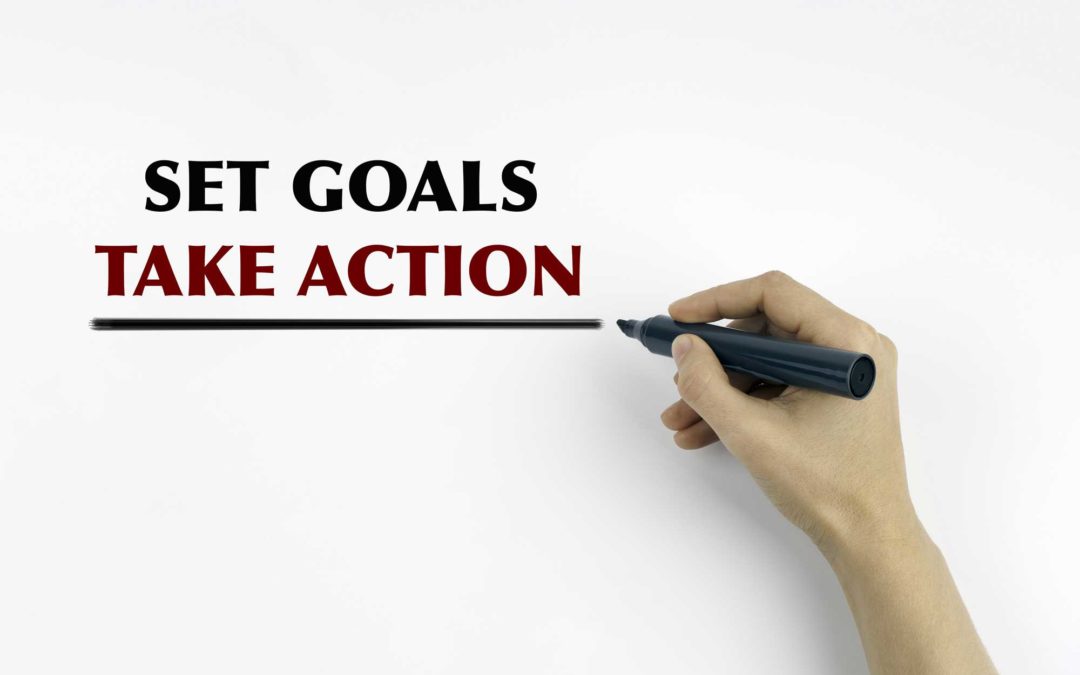When you decide you’re going to change something about your life, do you dive in and make drastic shifts all at once? Throw out half your pantry, or drive yourself to exercise obsessively, thinking that this approach will finally, once and for all, create the change you want to see?
While some of us are adept at altering our routines at the drop of a hat and maintaining those changes in the long term, most of us end up reverting to our previous habits within a few weeks. It’s easy to get started, because there is a rush of brain reward with something new and exciting, but when that wears off, we are left wondering what it’s for, and the old, comfortable habits start looking pretty inviting.
This is the scenario if you are going it alone. But when you add an observer, whether its someone you hire, a support group, or your best friend, and they are in on the project, your likelihood of success goes up dramatically. In coaching, we call this person an “accountability coach”, which is really just a fancy term for someone who holds you accountable to what you said you would do.
Furthermore, the changes you make are more likely to stick if you create just a few, actionable steps at a time. Think one to three new changes at a time. To create new, sustainable habits, we need time to try something new, adapt to the newness, and kind of “fake-it-till-we-make-it” until it becomes the new normal.
For example, if your goal is to eat healthier, you could just adopt a dietary theory that you think works. You could throw out all your sugar, chips, and soda, and go forward. But this is a very broad goal, and chances are, you won’t make it very far.
It is far more valuable to first get clear about WHAT you hope to accomplish with the change, and begin your process by imagining specifically how your life would be better if things were different. Once you’re clear on that, the necessary action steps become clear. You begin with a concrete action step like “Each time I want a soda, I will first drink a glass of water, and consider what else my body might be needing,” along with “I will eat sweet vegetables and foods like sweet potatoes, carrots, beets, winter squash, and whole grains regularly this week to crowd out sugar.” You begin creating a new habit without drastic measures. You create an enjoyable alternative, and observe. You encourage yourself to notice what happens. Your increase in sweet vegetables and grains might reduce your need for sugar, without a lot of fanfare and drama.
When you take on changes incrementally, you allow yourself to have a single-pointed focus, and really dedicate yourself to those one or two things that you think will make a difference. Trying to change too many things at once can be overwhelming, and lead to a feeling of hopelessness. Multi-tasking isn’t always better. When you approach making changes in this way, and you introduce something new and different every two weeks, as I have my clients do, within a period of months, you have developed many new habits over time. You might not notice how much has changed, until you look back and consider what things looked like in the beginning!
Through the twelve sessions of a six month program, my clients may have committed to a maximum of 36 goals through their program. That’s a lot of individual changes! Had I told them at the beginning that they would have given up sugar, lost pounds, resolved their sleep hygiene, created a weekly exercise routine, created stress-management strategies, increased the diversity of the vegetables and whole grains in their diets, and explored 10 new foods, they might not believe it! But this is really the secret: to make a big change, we start by taking on one thing at time, and doing it fully and well before we move on to the next thing.
Let me know below how you have manifested something big by taking small steps along the way.
